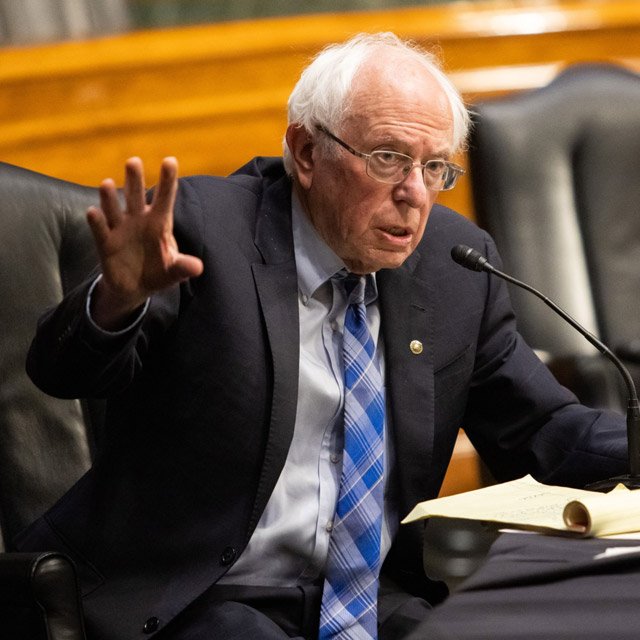Sanders' Social Security Bill Would Extend Payroll Tax to Capital Gains for High Earners

What You Need to Know
The Social Security Expansion Act would extend solvency by 75 years by applying the payroll tax to all income above $250,000.
It’s uncertain whether the bill will gain any traction.
The Social Security 2100 bill, which applies the payroll tax to earnings above $400,000, could be debated soon, its sponsor says.
Sen. Bernie Sanders, I-Vt., and Rep. Peter DeFazio, D-Ore., introduced Thursday the Social Security Expansion Act (SSEA), which would, among other measures, boost benefits, adopt the Consumer Price Index for the Elderly, or CPI-E, for benefit increases, and subject all income above $250,000 — including capital gains — to the Social Security payroll tax.
Dan Adcock, Director of Government Relations and Policy at the National Committee to Preserve Social Security and Medicare, told ThinkAdvisor Friday in an email that the DeFazio-Sanders bill, like the Social Security 2100: A Sacred Trust, introduced by Rep. John Larson, D-Conn., “both extend solvency and improve benefits.”
The Larson bill, however, “is consistent with President Biden’s pledge not to raise taxes on Americans earning less than $400,000 per year,” Adcock said, while “the Sanders-DeFazio bill is not.”
A Sacred Trust adopts the consumer price index for the elderly as the basis of the annual cost-of-living adjustment (COLA) and applies the payroll tax to annual wages above $400,000.
Larson’s bill also “includes more benefit improvements than the DeFazio-Sanders bill. But DeFazio-Sanders extends solvency for significantly longer than the Larson bill — 75 years,” Adcock said. “Both bills would update Social Security to meet the needs of today’s workers and beneficiaries — without cutting benefits or privatizing the program.”
Larson, chairman of the House Ways and Means Social Security Subcommittee, told ThinkAdvisor on May 23 that his bill would be debated by the House Ways and Means Committee soon.
It is unclear whether the Senate Finance Committee would be willing to consider Sanders’ bill.
Mary Johnson, Social Security and Medicare policy analyst at The Senior Citizens League, said in an email to ThinkAdvisor that both bills “would tie the COLA to the CPI-E, in order to provide a more representative and hopefully more adequate COLA over time,” and both bills would “increase the minimum benefit to 125% of the annual poverty guidelines.”



